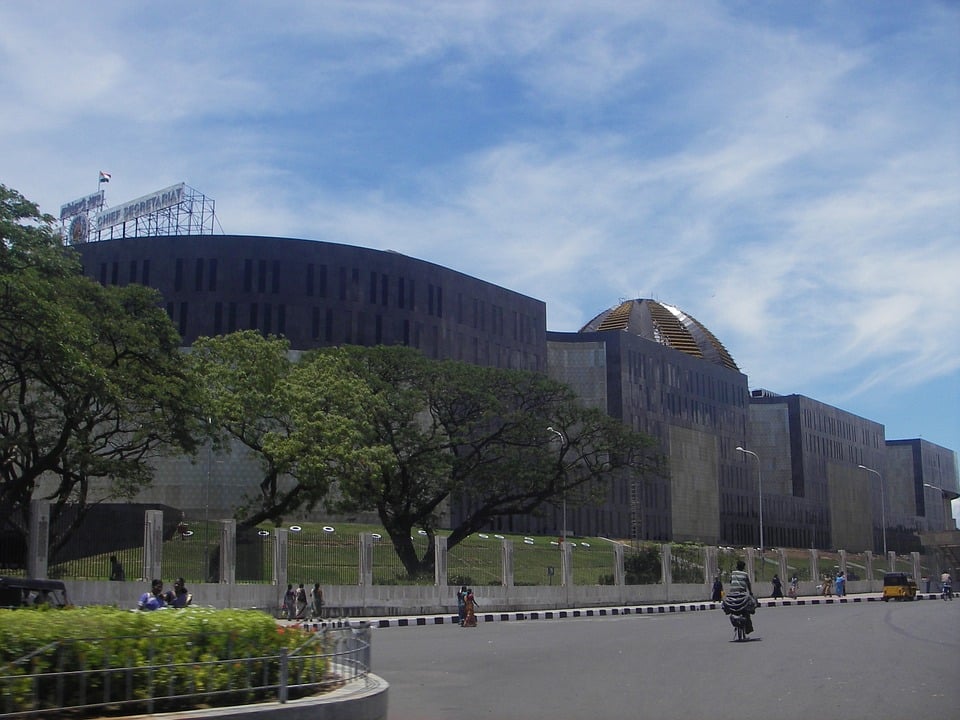The Rangarajan Committee has recommended the Tamil Nadu government to set up an Urban Employment Guarantee Scheme, on the lines of Mahatma Gandhi National Rural Employment Guarantee Scheme, in an effort to revive the state economy which has been battered by COVID-19 pandemic.
Headed by ex-RBI governor, C Rangarajan, said the state’s economy was expected to grow at 1.71 per cent in 2021. He pointed out that Tamil Nadu is headed for pre-COVID period in the next few months as indicated by GST collections, petrol and electricity usage.
The 24-member committee also recommended complete lifting of lockdown restrictions and spending Rs 10,000 crore over and over the budgeted amount on capital expenditure for economic revival. In its report to Chief Minister Edappadi K Palaniswami, the committee advised the state to use the Rs 3,200 crore construction sector funds that are lying idle to steer the economy. It said the employment guarantee scheme available in villages should be extended to cover urban areas, the free distribution of rice to cardholders should be extended beyond the month of November. Plus an additional Rs 5,000 crore should be allocated to the revenue department.
In regards to the industrial sector, the Rangarajan committee proposed an increase in the capital of Tamil Nadu Industrial Investment Corporation to Rs 1,000 crore for the organization to be capable of lending long-term. Furthermore, the ex-RBI governor suggested for the setting up of industrial parks and industrial townships, and bringing in the credit guarantee scheme for small-scale industries.
The committee submitted a report to the Tamil Nadu government after assessing the overall, immediate and medium-term impact of the COVID-19 pandemic on different sectors. It reviewed the opportunities and threats in the short and medium-term, measures required to help important sectors overcome the impact and also identified specific reform measures. It also assessed additional costs and implications brought about by social distancing and other precautionary measures.

